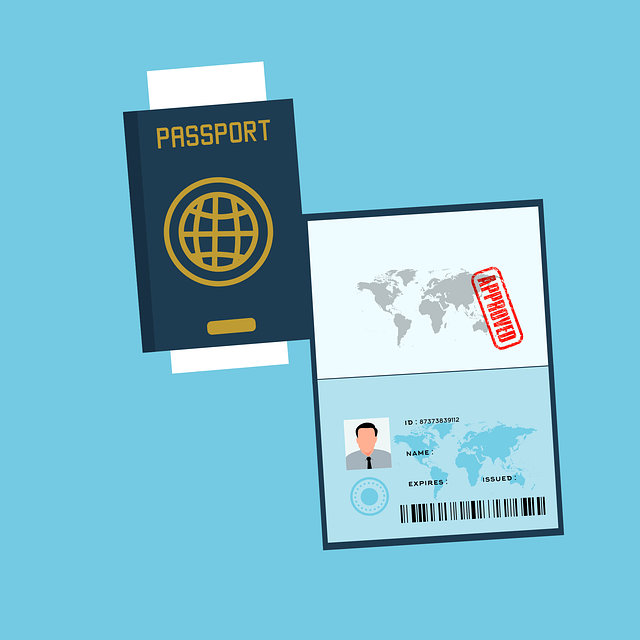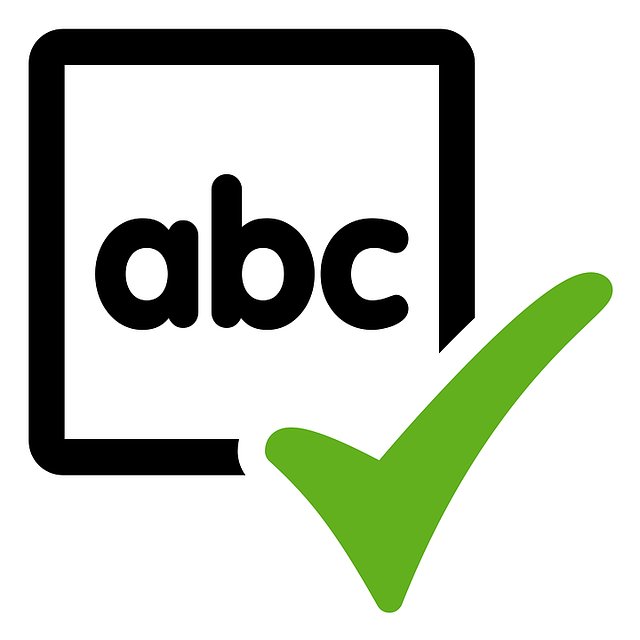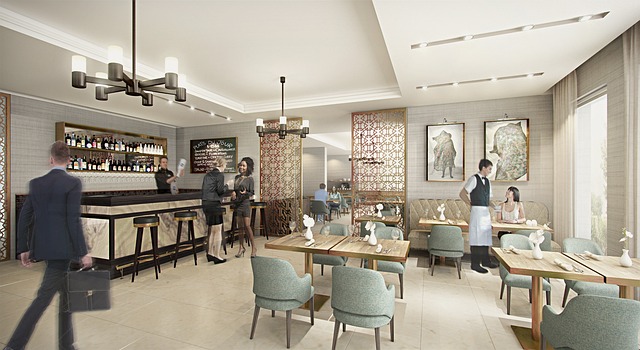In the hospitality sector, prioritizing guest safety through comprehensive staff educational qualification verification is essential. This goes beyond legal obligations, building trust and enhancing experiences by ensuring personnel are trained in areas like culinary arts, guest relations, and crisis management. A proactive approach enables hotels to maintain high standards, keep pace with trends, and meet evolving guest expectations. Key steps for effective verification include assessing institution accreditation, examining curricula, and cross-referencing credentials. Digital platforms and databases help overcome global verification challenges, ensuring degree authenticity and efficient background checks. Continuous monitoring, record updates, and an open culture are crucial for maintaining accurate guest safety verification.
In the competitive hospitality industry, ensuring guest safety through comprehensive staff qualification verification is paramount. This article explores the critical need for verifying the educational credentials of hospitality professionals, highlighting legal and regulatory frameworks essential for guest protection. We’ll delve into key components to assess during the verification process, effective screening methods, and best practices for continuous monitoring. By understanding these aspects, hotels can mitigate risks and maintain high safety standards.
- Understanding the Importance of Educational Qualifications Verification in Hospitality
- Legal and Regulatory Frameworks for Guest Safety Verification
- Key Components to Check During Qualification Verification Process
- Implementing Effective Screening Methods for Hospitality Staff
- Challenges and Solutions in Verifying Education Credentials
- Best Practices for Continuous Monitoring and Update of Professional Records
Understanding the Importance of Educational Qualifications Verification in Hospitality

In the hospitality industry, ensuring guest safety is paramount. One critical aspect often overlooked but crucial to achieving this is verifying the educational qualifications of professionals. This process, known as guest safety verification, goes beyond compliance and legal requirements; it fosters trust and enhances the overall guest experience. By confirming that staff members have undergone the necessary training and education, establishments can guarantee their ability to handle various situations effectively, from emergency protocols to providing personalized services.
Educational qualifications verification is a proactive step towards maintaining high standards. It allows hotels, resorts, and other hospitality venues to identify individuals with specialized knowledge in areas like culinary arts, guest relations, or crisis management. Such qualifications not only indicate competency but also demonstrate a commitment to professional development, which is essential for keeping up with evolving industry trends and guest expectations.
Legal and Regulatory Frameworks for Guest Safety Verification

In the hospitality industry, ensuring guest safety is paramount, and this includes verifying the educational qualifications of professionals to guarantee a certain level of expertise. Legal and regulatory frameworks play a crucial role in this process, dictating the standards and protocols that businesses must adhere to. These regulations are designed to protect guests and maintain the integrity of the industry, ensuring that all staff members possess the necessary knowledge and skills to handle various situations effectively.
Many countries have implemented strict guidelines for hospitality education, including mandatory training courses on health and safety, emergency protocols, and guest relations. Guest safety verification processes often involve cross-referencing educational certificates with accredited institutions, checking against industry standards, and verifying the authenticity of credentials. By adhering to these legal and regulatory frameworks, hospitality businesses can ensure a safe and enjoyable experience for their guests, fostering trust and loyalty in an increasingly competitive market.
Key Components to Check During Qualification Verification Process

When verifying the educational qualifications of hospitality professionals, several key components must be meticulously checked to ensure comprehensive validation and guarantee guest safety. Firstly, review the institution’s accreditation status to confirm its recognition within the industry. This step is crucial as it assures that the education provided meets the required standards.
Secondly, delve into the specific curriculum and training modules covered during their coursework. In the hospitality sector, key areas of focus should include food safety, hygiene practices, emergency response protocols, and customer service skills. Verifying these aspects ensures that professionals are equipped with the necessary knowledge to handle various situations effectively, thereby enhancing guest safety.
Implementing Effective Screening Methods for Hospitality Staff

Implementing robust screening methods is paramount in the hospitality industry to ensure guest safety and enhance operational standards. A comprehensive approach involves verifying the educational qualifications of staff members, especially those directly interacting with guests. This verification process serves as a critical step in gauging competency and expertise. By adopting efficient systems for background checks, skill assessments, and certification validation, hotels and restaurants can mitigate risks associated with inadequate training or fraudulent claims.
Effective screening includes cross-referencing educational credentials with recognized institutions, checking references from previous employers, and conducting interviews to assess practical knowledge. Integrating these methods ensures that hospitality professionals possess the necessary skills and qualifications aligned with industry standards. This proactive measure contributes to fostering a culture of excellence and accountability, ultimately enriching the guest experience.
Challenges and Solutions in Verifying Education Credentials

Verifying the educational qualifications of hospitality professionals is a complex process, often fraught with challenges. One major hurdle is the sheer volume and diversity of educational institutions worldwide, making it difficult to confirm the validity of each candidate’s credentials. Additionally, lack of standardization in record-keeping and authentication procedures across countries adds another layer of complexity. This can lead to errors or delays in verification, potentially impacting guest safety verification processes.
To overcome these challenges, several solutions have emerged. Digital platforms and databases that centralize educational records offer a more efficient approach. These tools allow for quick cross-referencing with accredited institutions, ensuring the authenticity of degrees and certifications. Implementing robust background check systems, including education verifications, is also crucial. Furthermore, establishing global partnerships between hospitality industry bodies and educational institutions can facilitate smoother verification processes, ultimately enhancing guest safety measures.
Best Practices for Continuous Monitoring and Update of Professional Records

Maintaining accurate and up-to-date records is paramount in hospitality, especially for ensuring guest safety verification. To facilitate this, establishments should implement a robust system for continuous monitoring and record updates. This involves regular reviews of staff credentials, certifications, and training modules to ensure they remain valid and relevant. Digital platforms offering secure cloud storage can be utilized for easy access and efficient management of these professional records.
Moreover, fostering an open culture where professionals proactively update their profiles with new achievements or changes in qualifications is essential. Regular communication between employees and HR departments ensures that guest safety verification processes are always current, allowing the hospitality industry to adapt swiftly to evolving standards and best practices.






